Model systems
The more we find out about human genetics, the more valuable model organisms are likely to become, say autism researchers.
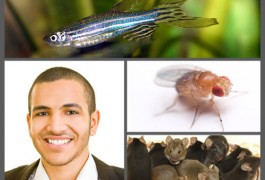
The more we find out about human genetics, the more valuable model organisms are likely to become, say autism researchers.

The largest and most ambitious genome-sequencing project to date aims to identify rare variants and study their association to disease traits in 10,000 people.
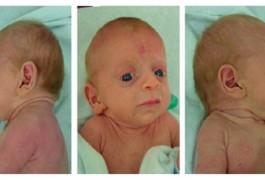
A new computer algorithm has identified the gene responsible for a newly discovered human disease, researchers report this week in The American Journal of Human Genetics. Unlike traditional methods, the algorithm takes into account both the odds of a particular genetic variant being associated with the disorder and the variant’s effect on protein function.
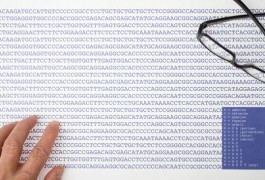
Sequencing an individual’s entire genome may be the key to tailoring treatments for heterogeneous disorders, suggests a study published 15 June in Science Translational Medicine.
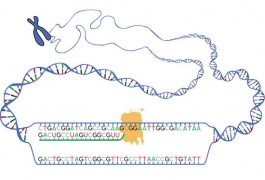
Researchers have upended a central tenet of biology by showing that there are more than 10,000 sites in the human genome where RNA sequences do not match the DNA sequences from which they are transcribed. The findings were published 19 May in Science.
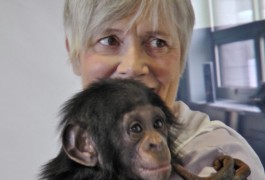
Similarities between us and our closest ape relatives — chimpanzees and bonobos — have shaped our understanding of what it means to be human. The latest surprise is Teco, a young bonobo who shows behaviors that look suspiciously similar to those associated with autism.

Genetic syndromes associated with autism are increasingly being diagnosed in utero because of techniques that can identify subtle mutations in the genome. But the technology is ahead of the ethical debate on whether and how to inform parents about mutations with unknown effects.
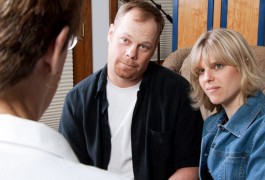
As genetic testing becomes routine, people are likely to face difficult choices about parenthood.
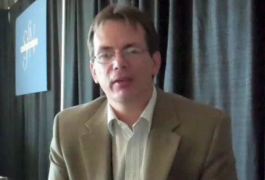
Rapid advances in DNA sequencing technology are enabling researchers to comb quickly — and ever more cheaply — through whole genomes. At the Society for Neuroscience annual meeting in San Diego, Evan Eichler talked to SFARI about what the rapid accumulation of genetic sequence information means for autism research.
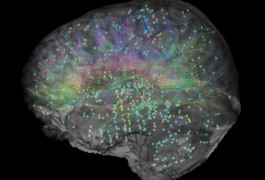
The Allen Institute for Brain Science has released whole-genome expression data from one-and-a-half adult human brains, and is gathering information from samples at different stages of development, from four weeks after conception to adulthood. The data were described at poster sessions Saturday and Tuesday at the Society for Neuroscience annual meeting in San Diego.